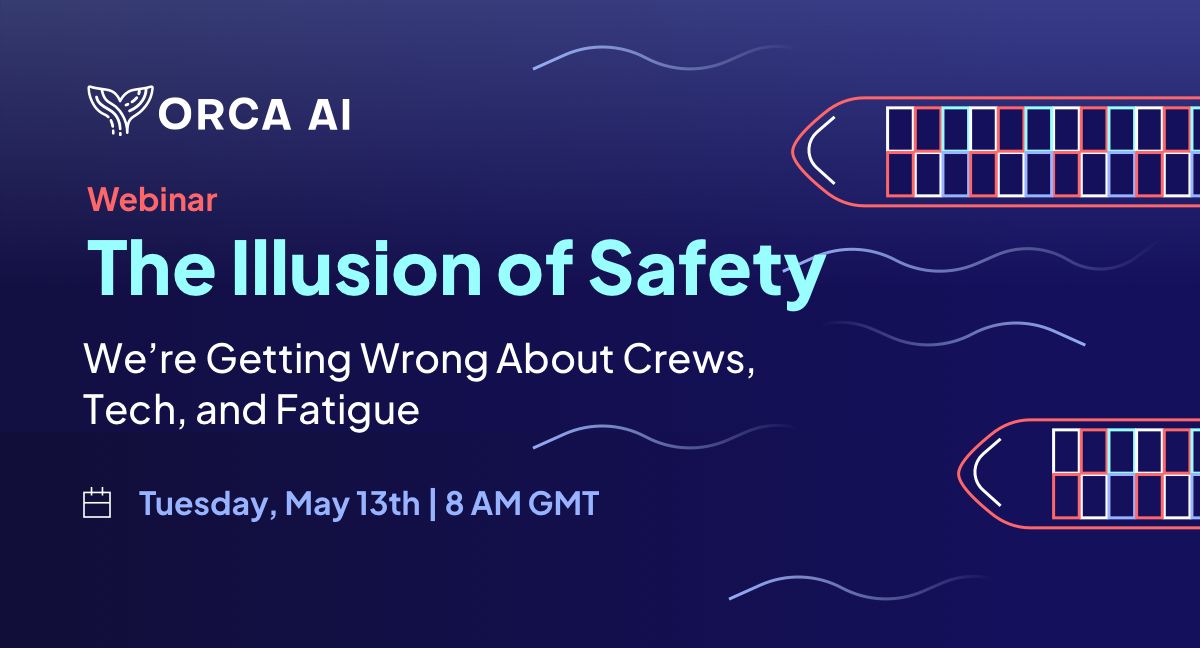A new comprehensive analysis has revealed that using AI for real-time decision-making in commercial vessels during navigation could reduce global CO2 emissions by 47.6 million tonnes per year*, if rolled out across the world’s fleet.
This new figure is revealed by Orca AI, the industry leading AI-based operational platform for ships. The company, which empowered the world’s first autonomous commercial ship voyage with NYK and the Nippon Foundation, carried out an analysis of over 50 million nautical miles-worth of data collected in open waters globally.
The reduction in CO2 emissions comes from reducing the need for maneuvers and route deviation. AI and computer vision capabilities enhance the crew’s situational awareness by identifying and alerting on high-risk marine targets like vessels, buoys and sea mammals in real-time. This allows the crew to adjust course early and avoid potential collisions without the need of last-minute sharp maneuvers.
The findings show that AI can improve crew decisions related to navigation and help reduce fuel consumption and CO2 emissions to groundbreaking levels. If this technology were rolled out across the world’s ships, the reduction in route deviation would slash the distance travelled by ships by 38.22 million nautical miles – almost 1,770 times the diameter of the Earth. This demonstrates the significant potential of fully autonomous shipping to enhance the industry’s sustainability approaches by automating route planning and speed, predictive maintenance and more.
The efficiencies turn into economic benefits as well. By reducing the distance travelled, the analysis suggests the average ship would save on average $100,000 per vessel in fuel costs (3-5% savings).
The vessels included in the study saw a significant increase in safety as well – a 33% reduction in close encounters in open waters and a 40% decline in crossing events. With an average of 2,976 marine incidents per year, thousands of crew members worldwide would see their risks reduced by implementing this emerging technology.
Dor Raviv, Co-founder and Chief Technology Officer at Orca AI comments: “This is an exciting period for shipping. Orca AI has found groundbreaking correlations between enhanced situational awareness and operationally efficient navigation for every encounter and distance travelled. We are proud to assist the shipping industry with AI and automation to meet its net-zero goals.
“As the maritime industry undergoes a digital transformation, the broader implications for humanity are profound. By embracing technological advancements, like AI and computer vision, the industry will not only achieve significant economic efficiencies but also contribute to saving the planet for future generations.”







